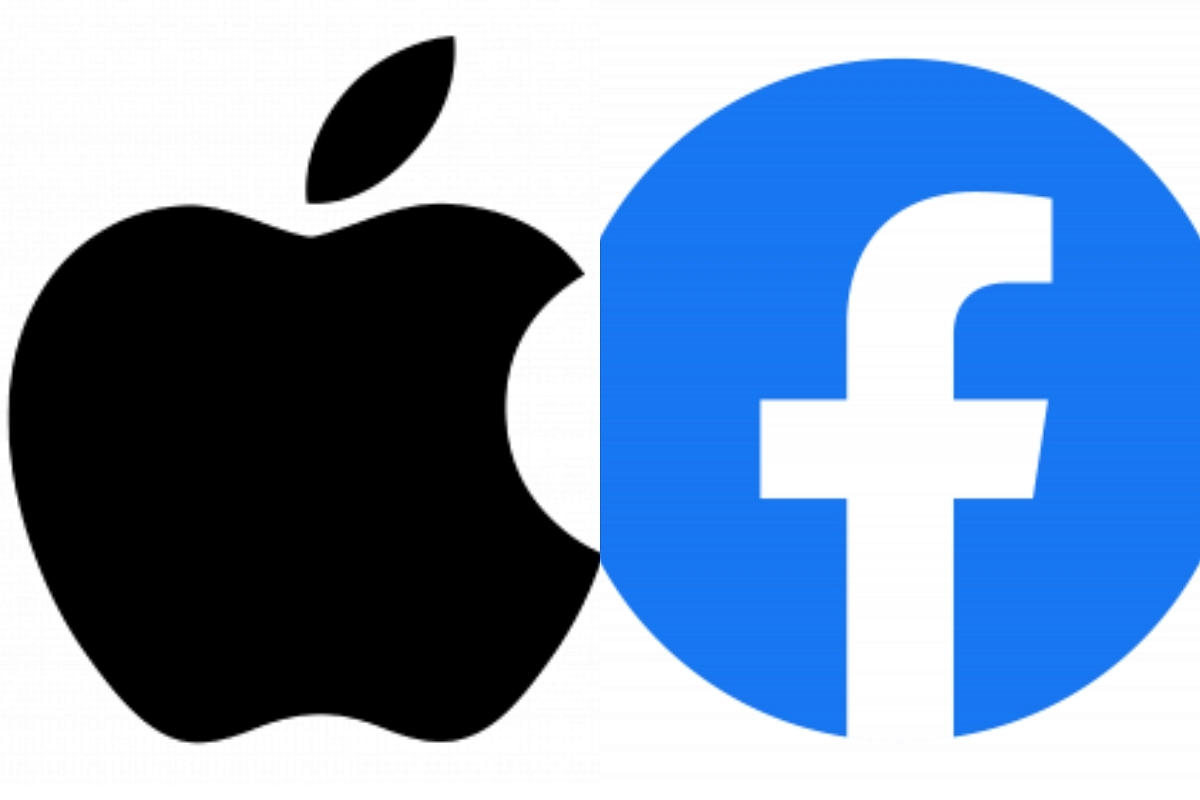Commentary
Can Apple Succeed Where Facebook Failed?
- Like Facebook, Apple is attempting to venture into an industry that would make it the Sorceror Surpeme on the data front.
- And that is one battle the regulators would like to win.

Meta’s key competitor, Apple, is aiming to get into the business of offering financial services.
In 2019, Mark Zuckerberg’s Facebook, now rechristened as Meta, announced a global cryptocurrency called Libra. The aim was to usher in financial inclusion for more than a billion people outside the formal system through a virtual stablecoin and thus facilitate easy transfers amongst users across the globe. One of the other objectives was to eliminate users' costs while accessing financial services worldwide.
At the time of the announcement, Libra declared associations with Mastercard, PayPal, Visa, eBay, Lyft, Uber, Spotify, Coinbase, Vodafone, and Mercy Corps, amongst others.
Now, Meta’s key competitor, Apple, is aiming to get into the business of offering financial services, however, in a much different way. The iPhone maker will offer services around the ‘Buy Now Pay Later’ framework, enabling users in the United States, to begin with, to make interest-free payments for their purchases through instalments across six weeks.
Apple will be funding short-term loans for the users, as per early reports, and it will be available in locations that have Apple Pay, both in stores and online. In the first quarter of 2022, Apple acquired a British fintech startup named Credit Kudos which was working on an alternative system to derive credit scores for aspiring borrowers.
The regulators are far from impressed. In the case of Facebook’s Libra, the denial came from the top, the chair of the Federal Reserve and the Treasury Secretary. The Democrats in power, unimpressed about the size of Facebook, including President Joe Biden himself, were instrumental in ushering the end of Facebook’s pursuit of financial services months after taking over the Oval Office. Concerns around money laundering, currency stability, illicit transfers, and a parallel system of payments were cited, thus derailing Big Tech’s ambitions of expanding into services that had traditionally been Wall Street’s turf.
Against Apple, the regulators have already swung into action. Concerns around competition are being cited, given many young players are venturing into the ‘Buy Now Pay Later’ setup, and it could hurt competition and fair play in the long run.
The question of customer data and its misuse is also on the agenda. Amongst other concerns, the one issue being raised by regulators is that of data compilation, i.e., what can a company like Apple, which also has access to users’ health data and other personal communication data, achieve? Eventually, will the BNPL regime be a mere stepping stone for Big Tech into other financial services?
The Consumer Financial Protection Bureau, in the United States, for a while now, has been on the heels of other Big Tech giants, including Amazon, Google, and even the relatively smaller players like PayPal and Square, questioning how user data was collected, processed, and employed for other services. The major concern was companies gaining access to greater consumer behaviour through financial and software services.
The regulator also senses credit threat from the BNPL framework, similar to what happened during the subprime mortgage crisis in 2008, and has already demanded information on transaction trends, processing fees, and creditworthiness determination from key players, including Afterpay, Affirm, Klarna, PayPal, and Zip.
Apple, however, has all the muscle to exhaust. At a cash reserve (including cash flow from last year, cash stored, and marketable securities) of close to $200 billion, the company wouldn’t be worried about defaults, not even remotely. Plus, the service is exclusive to Apple consumers; therefore, there is already high creditworthiness attached to those who can afford the expensive products. Lastly, Apple’s revenue from Apple Services (cloud storage, iTunes, Apple TV, etc.) has been steady, thus making the prospect of long-term investment into the category potentially profitable.
In the United States, Amazon is known for offering loans to its vendors, and even IBM has a global financing division. However, like Facebook, Apple is attempting to venture into an industry that would make it the Sorceror Surpeme on the data front, and that is one battle the regulators would like to win. Apple may have monetary strength to take a hit on defaults under BNPL, but can it succeed where Facebook failed when the scrutiny before the regulators begins?
Introducing ElectionsHQ + 50 Ground Reports Project
The 2024 elections might seem easy to guess, but there are some important questions that shouldn't be missed.
Do freebies still sway voters? Do people prioritise infrastructure when voting? How will Punjab vote?
The answers to these questions provide great insights into where we, as a country, are headed in the years to come.
Swarajya is starting a project with an aim to do 50 solid ground stories and a smart commentary service on WhatsApp, a one-of-a-kind. We'd love your support during this election season.
Click below to contribute.
Latest